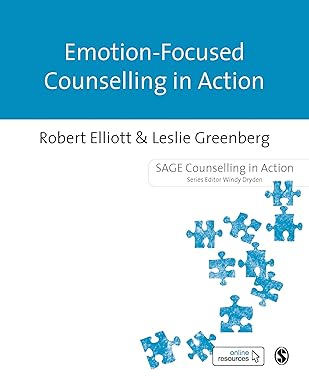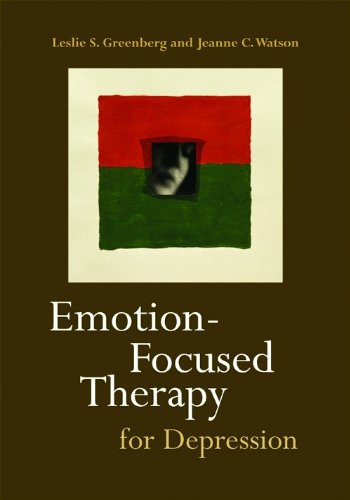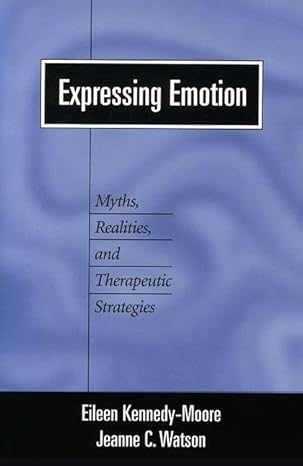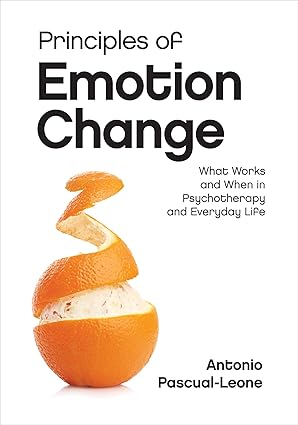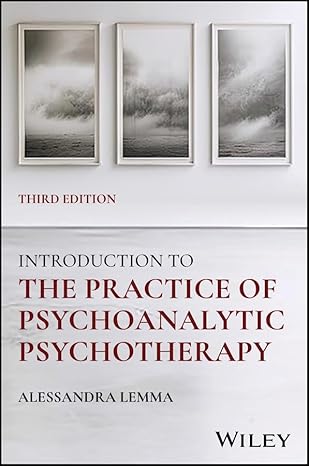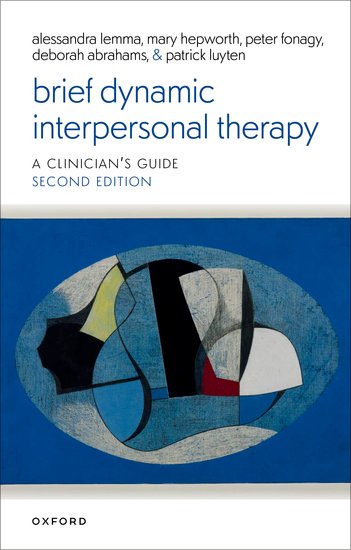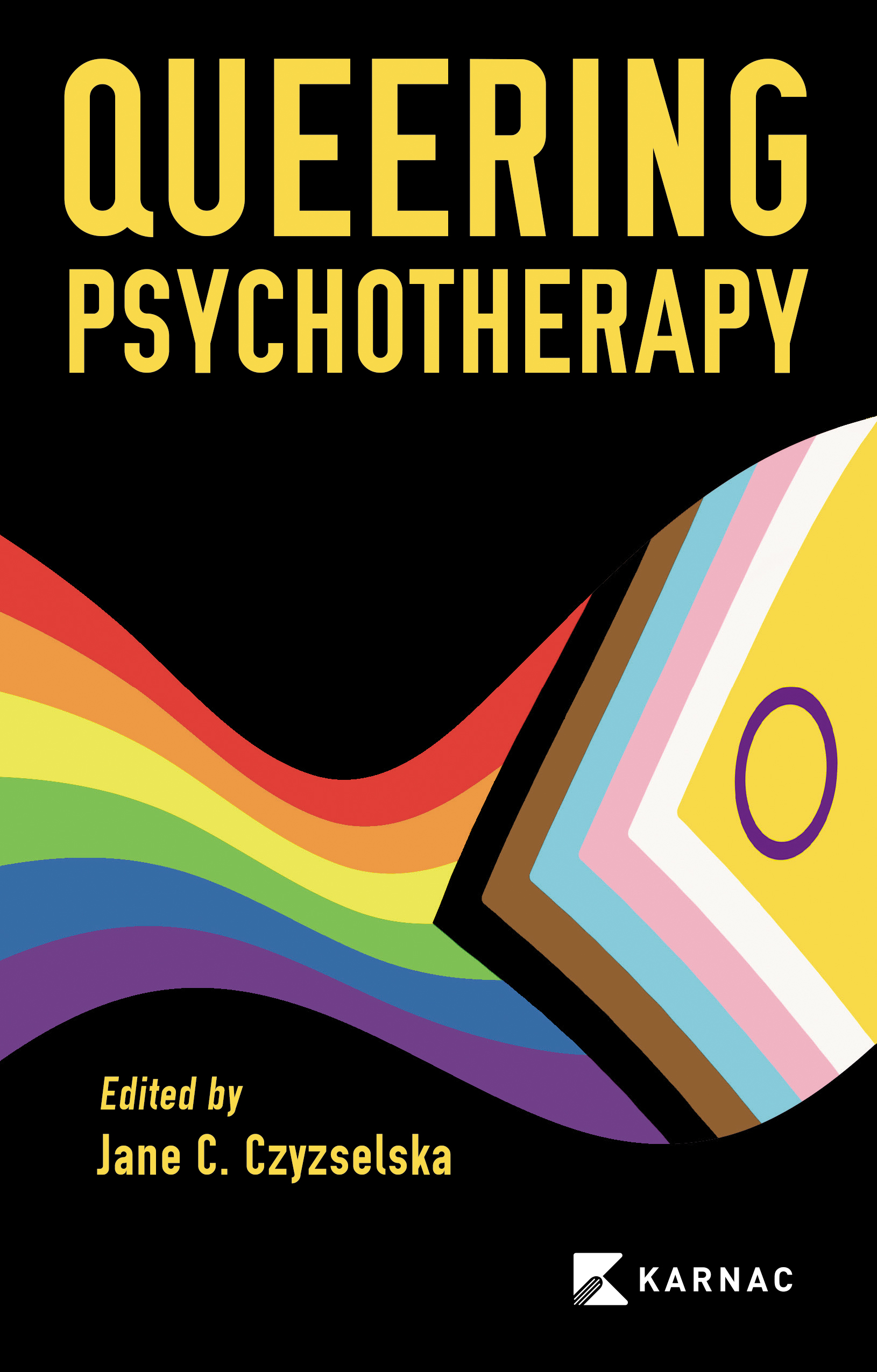Learning Emotion-Focused Therapy: A Comprehensive Guide
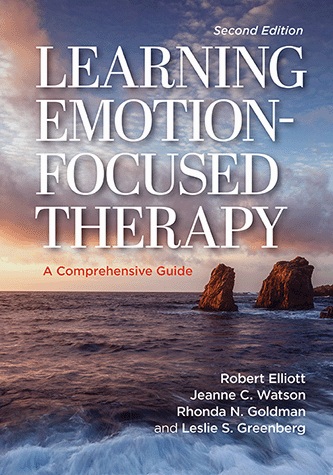
Book Details
- Publisher : American Psychological Association
- Published : August 2025
- Cover : Paperback
- Pages : 602
- Category :
Individual Psychotherapy - Catalogue No : 98349
- ISBN 13 : 9781433838323
- ISBN 10 : 143383832X
Also by Robert Elliott
Emotion-Focused Counselling in Action
Price £23.99
Also by Jeanne C. Watson
Emotion-Focused Therapy for Depression
Price £56.00
There are currently no reviews
Be the first to review
The first edition of this book became the standard reference and training work for a generation of emotion-focused therapy (EFT) practitioners. This second edition aims to inspire a new generation of emotion-focused therapists by offering fully updated coverage of EFT theory and practice, alongside the most exciting theoretical, practical, and organizational developments of the past 20 years.
Updates to this new edition include:
- New integrated models of emotional deepening and EFT case formulation,
- New questions and activities for self-reflection,
- Deepened theoretical formulations of the nature and functions of emotions such as anger and shame,
- A comprehensive review of the existing research base in EFT, and
- A supplemental website with an editable sample syllabus to enhance teaching and training.
In EFT, therapists cultivate a deeply empathic, caring presence. They follow their client’s lead while delivering gentle, flexible guidance. The goal is to facilitate a process of emotional deepening in clients as they progress from global distress to an acceptance of core pain, enabling them to emerge with a new perspective through useful, adaptive emotions.
Reviews and Endorsements
As leading voices in emotion-focused therapy (EFT), Elliott, Watson, Goldman, and Greenberg offer a masterful update to a foundational text--an exceptional synthesis of clinical wisdom and empirical rigor. This second edition not only refines core EFT principles but also deepens our understanding of emotional processing, making it essential reading for therapists and researchers at all levels.
J. Christopher Muran, PhD, Dean and Professor, Gordon F. Derner School of Psychology, Adelphi University, Garden City, NY; Principal Investigator, Psychotherapy Research Program, Icahn School of Medicine at Mount Sinai, New York, NY, United States
Effective therapy, regardless of orientation, embraces the profound power of emotion to heal and transform. Learning Emotion-Focused Therapy is a brilliant synthesis of decades of research and clinical expertise, offering a clear and compelling guide to the principles and techniques that drive emotional change. With precision and depth, this book illuminates the nuances of process-guiding techniques that optimize therapeutic impact. Whether you're new to emotion-focused therapy or a seasoned practitioner, this essential resource will elevate your practice, enrich the lives of your clients, and inspire your growth into a more skilled, attuned, and flourishing psychotherapist.
Shigeru Iwakabe, PhD, President, The Society for Psychotherapy Research; Co-Editor-in-Chief, Counselling Psychology Quarterly; Professor, Department of Psychology, Ritsumeikan University, Kyoto, Japan
Here is an invitation for curious therapists to step inside emotion-focused therapy (EFT) from authors who know it deeply. Their book is rich in specifics that practitioners wonder about: What should I listen for? How do I relate to clients? What could I say or do? What if...? Yet it also conveys the heart of EFT, connecting to therapists' own meaning and emotion.
William R. Miller, PhD, Emeritus Distinguished Professor of Psychology and Psychiatry, University of New Mexico, Albuquerque, United States
I have been waiting for this edition! In this volume, the founders of emotion-focused therapy share their clinical wisdom to support therapists who are just learning this approach. Chapters bring to life not only the theory of this therapy but provide guidance on what to do from moment to moment as a session progresses. What is so unique about their approach to training is that the recommendations are not framed in a prescriptive and rigid manner. Instead, cues and markers are described via many transcripts and case examples, so therapists learn from the start to adjust interventions to meet their clients' needs. Because of this sensitivity to process and context throughout, becoming a responsive therapist is at the very heart of Learning Emotion-Focused Therapy.
Heidi M. Levitt, PhD, Professor, Department of Psychology, University of Massachusetts Boston, United States
This book is a precious gift: to practitioners who want to expand and sharpen their clinical skills, to supervisors who want their trainees to become better therapists, and to the entire field of psychotherapy - whose primary mission is to foster the acquisition, implementation, and dissemination of effective strategies to decrease psychological suffering and increase self-actualization. This conceptually sophisticated, empirically based, and clinically oriented book belongs in every private practice, training program, and organization delivering mental health care services.
Louis G. Castonguay, PhD, Liberal Arts Professor of Psychology, Pennsylvania State University, University Park, United States
Table of Contents
Preface: EFT and the Present Moment
Part I - Introducing Emotion-Focused Therapy
1. Getting Started With Learning Emotion-Focused Therapy
2. Research on EFT and Implications for Practice
Part II - Fundamentals of EFT: Emotion and Process
3. EFT Theory Made Simple
4. Following Client Process in EFT: What to Listen for
5. Empathy and Presence: Key Therapist Experiential Processes in EFT
Part III - Specific EFT Processes and Tasks
6. Overview of Therapeutic Work in EFT: Tasks and Response Modes
7. Case Formulation Work in EFT
8. Making and Keeping Contact: The Work of Building and Repairing Therapeutic Relationships in EFT
9. Navigating the Ocean of Empathy in EFT: Micro-Processes and Tasks
10. Focusing and Facilitating Emotional Experiencing
11. Narrative and Emotion: Reprocessing Work in EFT
12. Working With Negative Treatment of Self
13. Working With Unresolved Interpersonal Issues
14. Self-Soothing and Self-Compassion Work in EFT: Coping and Transformation
Part IV - Practical Issues in Applying EFT
15. Adapting EFT to Particular Client Presentations
16. Working With Emotional Injuries Stemming From Marginalization Experiences
17. Frequently Asked Questions about EFT
18. Recommendations for Teaching and Learning EFT
References
About the Author(s)
Robert Elliott, PhD (preferred pronouns: they/them), is emeritus professor of Counselling at the University of Strathclyde (Scotland). Their main interests are training and research on emotion-focused therapy. They have published nearly 200 journal articles or book chapters. They are a past recipient of the Distinguished Research Career Award of the Society for Psychotherapy Research and the Carl Rogers Award from the Division of Humanistic Psychology of the American Psychological Association.
Jeanne C. Watson, PhD, is a professor in the counselling and clinical psychology program at Ontario Institute for Studies in Education, the University of Toronto, Canada. A major exponent of humanistic-experiential psychotherapy, she has helped develop emotion-focused psychotherapy, the process experiential approach. She conducts research on the process and outcome of psychotherapy. In 2002, Dr. Watson received the Outstanding Early Career Award from the International Society for Psychotherapy Research and was awarded the Distinguished Career Award in 2020. In 2013, she was appointed a fellow of the American Psychological Association, Division 29, in recognition of her contributions to the discipline.
More titles by Jeanne C. Watson
Rhonda N. Goldman, PhD, is a codeveloper of emotion-focused therapy (EFT) for individuals and couples. She is a professor of clinical psychology, based at the Chicago School, and founder of the Emotion-Focused Therapy Institute in Chicago. She is a founding board member of the International Society of EFT. Dr. Goldman travels internationally, conducting workshops for mental health professionals on EFT for couples and individuals. She has published many books and articles on related topics such as case formulation, emotional processes, empathy, and vulnerability. She has made several professional videos demonstrating the approach. Follow EFT.Chicago or visit emotionfocusedtherapyinstitute.com or iseft.org.
Leslie S. Greenberg, PhD, is Distinguished Research Professor Emeritus of psychology at York University in Toronto, Canada and the primary developer of emotion-focused therapy. He has authored many books, the most recent being Changing Emotion with Emotion (2021). He has received the Distinguished Research Career Award of the International Society for Psychotherapy Research, as well as the Distinguished Professional Contribution to Applied Research from the American Psychology Association. Dr. Greenberg has also received the Canadian Psychological Association Professional Award for Distinguished Contributions to Psychology as a Profession. He is a past president of the Society for Psychotherapy Research. Although retired, Dr. Greenberg is still currently training and supervising people internationally in emotion-focused approaches.
Customer Reviews
Our customers have not yet reviewed this title. Be the first add your own review for this title.
You may also like
Principles of Emotion Change: What Works and When in Psychotherapy and Everyday...
Antonio Pascual-Leone
Price £42.30
save £4.70
Introduction to the Practice of Psychoanalytic Psychotherapy: 3rd Edition
Alessandra Lemma
Price £36.85
save £4.10
Brief Dynamic Interpersonal Therapy: A Clinician's Guide: Second Edition
Alessandra Lemma
Price £26.99
save £3.00


